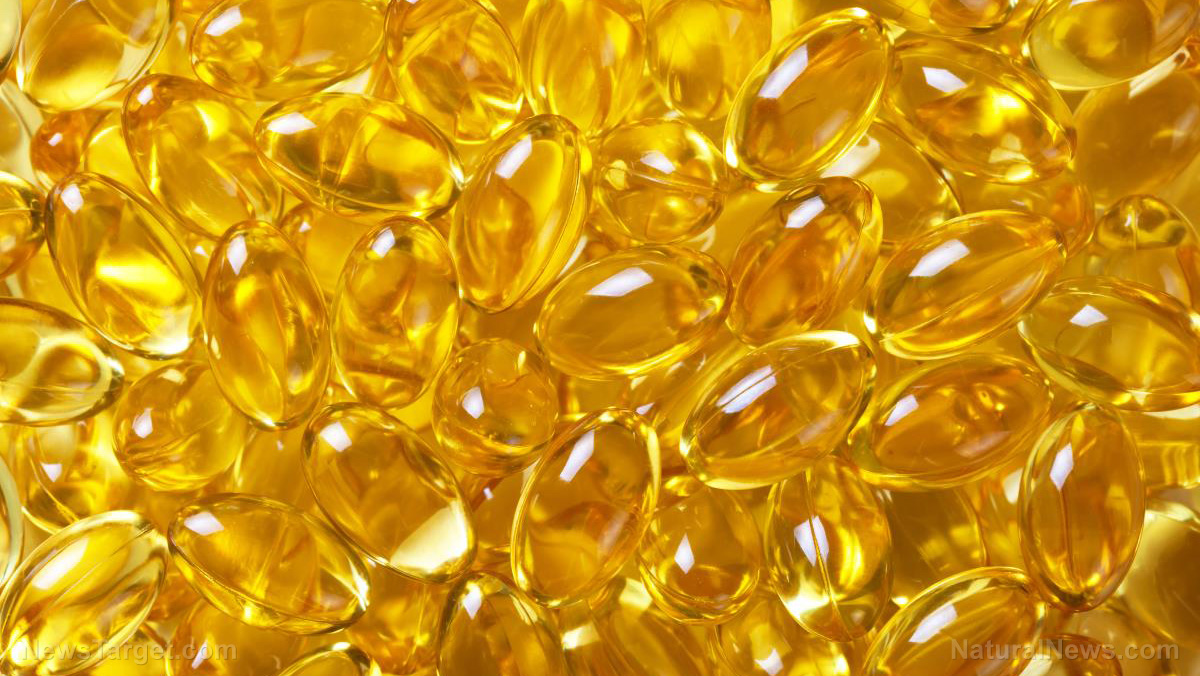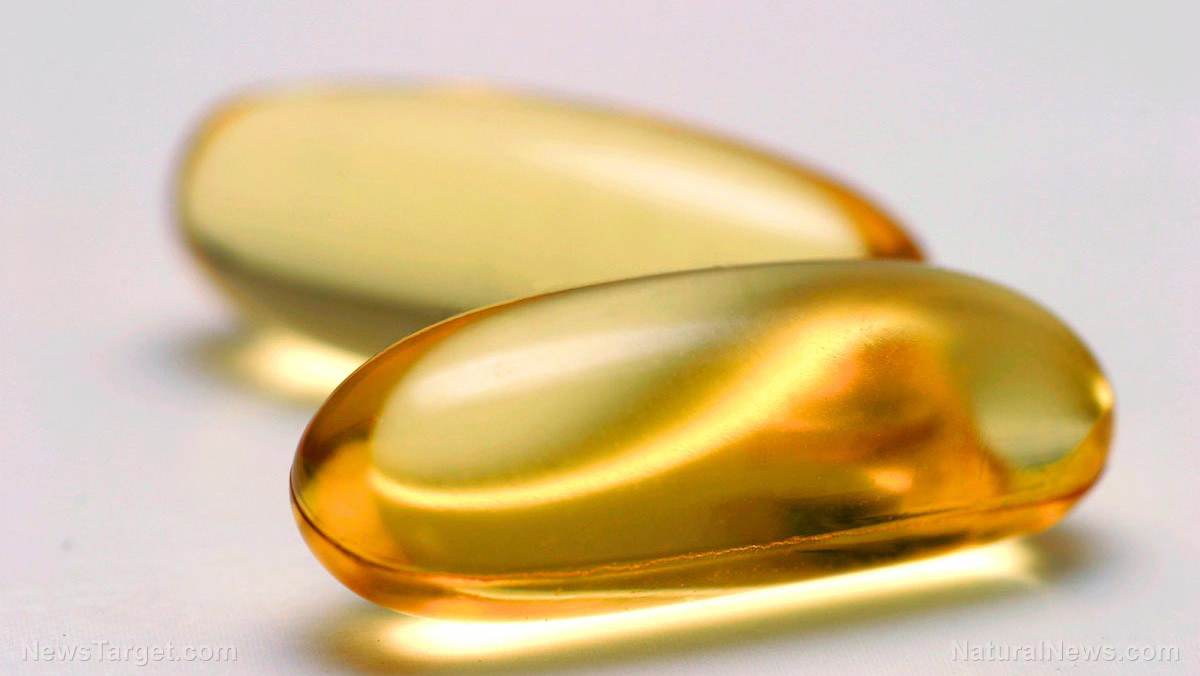Hawthorn helps manage heart conditions without any side effects
07/29/2022 / By Mary Villareal

Hawthorn has long been known for its medicinal use. It is particularly great in managing heart conditions.
Found all over the western part of the U.S., hawthorn is one of the very best herbs for treating and preventing arteriosclerosis, which occurs when the blood vessels that carry oxygen and nutrients from the heart to the rest of the body (arteries) become thick and stiff. It is especially beneficial when heart tissue has been damaged by ischemia or infarction.
One of hawthorn’s main function is to dilate coronary vessels, making it effective in treating hypertension, angina pectoris and palpitations. Arrhythmias and tachycardia are also known to be alleviated with hawthorn.
However, hawthorn has a gradual, mild action. Meaning, it should be taken for months to gain maximum effect.
Hawthorn leaves and flowers are used in Europe for managing the early stages of congestive heart failure. Studies have shown that it was nearly as effective as conventional pharmaceuticals without any side effects. It is considered safe for long-term use. (Related: Hawthorn berries are very helpful for many heart related conditions.)
Other potential health benefits of hawthorn
Hawthorn is also a rich source of polyphenols, which are powerful antioxidant compounds usually found in plants. These antioxidants help neutralize unstable molecules and free radicals that can harm the body when present at high levels.
Free radicals can come from certain foods, but anyone can have higher levels as a result of exposure to environmental toxins, including air pollution and cigarette smoke. Polyphenols, on the other hand, are associated with numerous health benefits due to their antioxidant activity. They can help lower the risk of some cancers, Type 2 diabetes, asthma, some infections, heart problems and premature skin aging.
Hawthorn may also have anti-inflammatory properties that could improve health. According to research, chronic inflammation is linked with many diseases.
In a study involving mice with liver disease, hawthorn was found to significantly reduce the levels of inflammatory compounds that led to reduced liver inflammation and injury.
In another study, researchers gave mice with respiratory conditions doses of vitexin, which is a compound present in hawthorn leaves. The treatment decreased the production of molecules that trigger inflammation.
The promising results from animal and test-tube studies suggest that hawthorn may offer anti-inflammatory benefits for humans as a supplement.
Hawthorn is also used in traditional Chinese medicine as one of the most commonly recommended foods to help treat high blood pressure. Animal studies show that it can act as a vasodilator, which means that it could relax constricted blood vessels, ultimately lowering blood pressure.
A 10-week study that looked at the effects of taking hawthorn extract in 36 people with mildly elevated blood pressure showed that those taking 500 mg of the extract daily had reduced diastolic blood pressure. (Related: Nature offers safe and effective blood thinning alternatives to mainstream drugs.)
In a separate study, researchers gave 1,200 mg of hawthorn extract to 79 people with Type 2 diabetes and high blood pressure every day for 16 weeks. Those who took the extract had more improvements compared to the placebo group.
Hawthorn is also used to aid digestion, particularly indigestion and stomach pain. This is because its hawthorn berries contain fiber, which has been proven to aid digestion by reducing constipation.
An observational study on people with slow digestion found that each additional gram of dietary fiber that people consume is associated with a 30-minute decrease in the time between bowel movements.
Finally, hawthorn berries are said to help prevent premature skin aging caused by collagen degradation due to excessive sun or ultraviolet light exposure. One test-tube study found that a mixture of hawthorn and ginseng extract could prevent signs of aging by increasing skin moisture.
Hawthorn berries are easy to add to any diet. They can be eaten as raw berries, steeped in hot water as a tea or added to jams or desserts. It can also be made into wine or a flavorful vinegar for salad dressing.
Visit FoodIsMedicine.com for more news about medicinal benefits of foods.
Watch the video below to learn more about hawthorn and its health benefits.
This video is from the Holistic Herbalist channel on Brighteon.com.
More related stories:
Tart, sweet and full of antioxidants: 5 Reasons to add nutrient-rich hawthorn berries to your diet.
Is the key to a healthy heart hidden in this ancient berry?
Here’s the list of the most AFFORDABLE superfoods that can boost your nutrition on a budget.
Sources include:
Submit a correction >>
Tagged Under:
alternative medicine, anti-inflammatory, antioxidants, berries, blood pressure, digestion, food as medicine, food cures, food is medicine, fruits, functional food, hawthorn, hawthorn berries, heart disease, heart health, herbal medicine, Herbs, hypertension, natural antibiotics, natural cures, natural medicine, supplement, traditional Chinese medicine
This article may contain statements that reflect the opinion of the author
RECENT NEWS & ARTICLES
HeartDisease.News is a fact-based public education website published by Heart Disease News Features, LLC.
All content copyright © 2018 by Heart Disease News Features, LLC.
Contact Us with Tips or Corrections
All trademarks, registered trademarks and servicemarks mentioned on this site are the property of their respective owners.




















